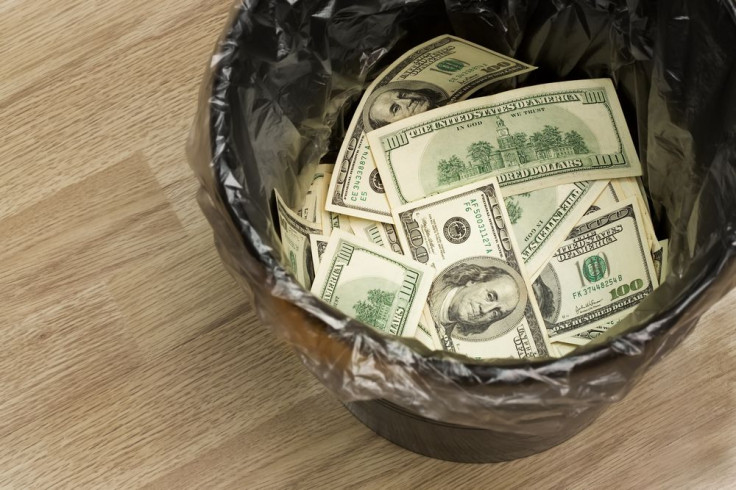Morality And Empathy Make People Selfless: People Would Rather Lose Money Than See Others Get Hurt

A new study brings hope to human nature. Despite all the craziness in the world, from energy corporations destroying the planet to the Islamic State, the majority of us can rest easy knowing most of us aren’t part of the greedier, selfish minority. Instead, we’re willing to take the hit for each other, even if it means we lose some monetary gain — and we all know how important money can be.
Would you be willing to see someone get electrocuted (only a few shocks, really) in exchange for more money? Researchers from University College London wanted to determine just that, and to compare it to how much money a person was willing to take if they shocked themselves. Surprise: No one really wanted to have another person harmed, and ended up sacrificing more money to prevent that person’s harm than they sacrificed on themselves.
“These results contradict not just classical assumptions of human self-interest, but also more modern views of altruism,” lead author of the study Dr. Molly Crockett said in a press release. “Recent theories claim people value others’ interests to some extent, but never more than their own. We have shown that when it comes to harm, most people put others before themselves. People would rather profit from their own pain than from someone else’s.”
Really, this experiment confirms what most people probably already knew deep down inside. Eighty participants had their pain threshold measured so that the shocks they got were barely tolerable, and then a “decider” was given the power to determine how many times a “receiver” got shocked. Each decider took part in up to 160 trials in which they were offered different amounts of money for a different number of shocks; in one trial, they were offered seven shocks for 10 pounds or 10 shocks for 15 pounds. The maximum for each during each trial was 20 pounds and 20 shocks.
The researchers then chose one trial from each decider to implement on either the decider or the receiver; however, the decider always received the money. Knowing this, the deciders probably felt some sort of guilt in having another person shocked, and therefore sacrificed an average of 40 pounds per shock so the receivers wouldn’t get hurt. By comparison, they only sacrificed an average of 20 pounds per shock to prevent themselves from getting hurt. Putting that into monetary value, they were willing to get paid an average of 8 pounds to prevent a receiver from getting 20 shocks while they only got paid 4 pounds to prevent themselves from the 20 shocks of electricity.
“We also timed volunteers’ decisions and found that they hesitated longer when the decision involved harming another person,” Crockett said. “The most altruistic subjects in our study took the longest to decide for others, suggesting that they may have been making moral calculations. The more selfish subjects decided the fate of others more quickly, which may indicate a lack of thought about moral responsibility.”
While all of this may elicit thoughts about mafia hit men and assassins, and how completely opposite their profession is from human nature, these men are not acting out on their emotions or morals (or lack of them). Instead, they’re suppressing their morals for the professionalism that such a job entails — knowing it’s immoral but doing it anyway is a sign of sanity, according to some experts. The study offers better insight into the way psychopaths or other people with antisocial personality disorder, who have skewed morals, deal with a lack of empathy, guilt, and remorse, and thus an insensitivity to harm.
Source: Crockett M, et al. PNAS. 2014.



























